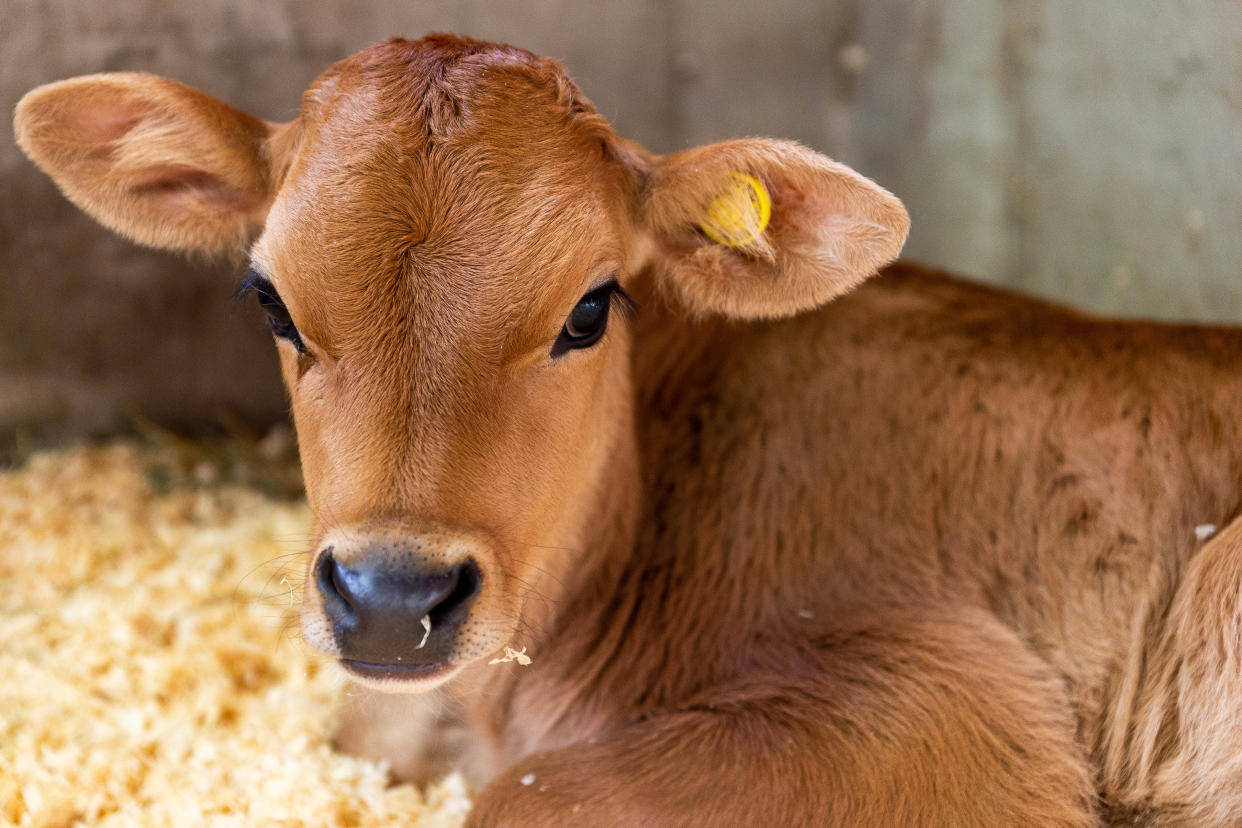Guest Opinion: How can we improve animal welfare amid climate change?

With record heat waves, tragic flooding and wildfires in the news, it’s hard not to have weather patterns top of mind. These challenges highlight the need to address the multi-faceted causes of climate change in Oregon and nationwide.
Understanding the role that agriculture — specifically livestock — plays in climate is paramount, and finding solutions to minimize environmental impact is a priority for those of us dedicated to animal health.
Long before political leaders convened in global summits and sustainability reports were required reading for investors, ranchers and veterinarians understood the importance of managing the impact that livestock has on land, water and air. At the same time, no one can deny that food production is essential for providing nutrition that keeps people healthy, feeds a growing population and drives the economy. That is why the animal health industry has prioritized initiatives to reduce our climate footprint.
As a veterinarian, I have seen first-hand the benefits of focusing first on improving animal welfare. When animals are healthy, the food supply is stronger and safer, resources are used more efficiently, and growers maximize output.
Still, globally, one in five animals in the food chain is lost to preventable disease. This isn’t just bad for the animals, it’s also a waste of natural resources.
When we improve animal welfare, we also improve sustainability and reduce emissions.
Healthy animals are simply more productive, which improves the efficiency of the food system. Animals that struggle with diseases require more resources to aid in their recovery, and they may never produce as much as if they had never fallen ill. In this sense, healthy animals ensure farmers are able to operate more sustainably and profitably.
For example, a dairy cow that receives medication to prevent infection by parasitic roundworms produces more milk, enabling the farmer to meet production needs with fewer animals. Likewise, chickens who are vaccinated against infectious bursal disease virus (IBDV) will lay more eggs while requiring less feed, lowering the carbon footprint associated with the production of chicken feed.
Additionally, innovative vaccinations, diagnostics, and husbandry have made farming increasingly efficient. For example, in 2010, producing a kilogram of U.S. eggs generated 70% fewer greenhouse gas emissions than in 1960.
As for climate change specifically, improving disease management and new therapies can actively reduce emissions in livestock.
Researchers in Scotland found better disease management in ruminants like cows and sheep could cut emissions by 4.5%, a notable improvement for a country where those animals are responsible for approximately 50% of GHG emissions.
On the horizon, innovative supplements and vaccines can cut emissions by targeting the production of methane within the digestion process. These new and emerging therapies can lower methane production in dairy cows by 30%.

Improving animal welfare through new medicines is the key that unlocks efficient livestock production, more sustainable farming practices and reduced emissions from animals.
To reach sustainability and climate goals, we need more medicines that work harder. And we need a regulatory process that encourages innovation and enables the development of needed therapies.
We can get there, but we need a regulatory framework that rewards science-based innovation to enhance animal health, which in turn boosts the health of our planet.
Will McCauley is a veterinarian and the Director of Veterinary Biologics at the Washington, DC-based Animal Health Institute, which represents companies that develop and produce animal medicines. You may reach him at WMcCauley@AHI.ORG.
This article originally appeared on Salem Statesman Journal: Guest Opinion: How can we improve animal welfare?

